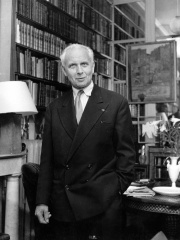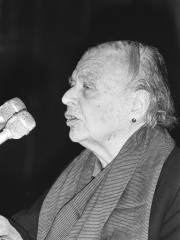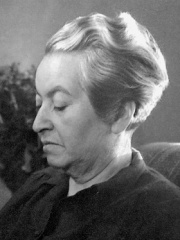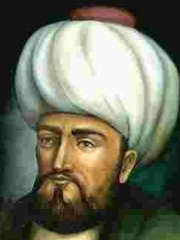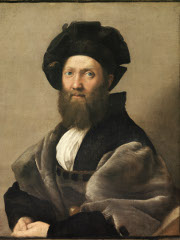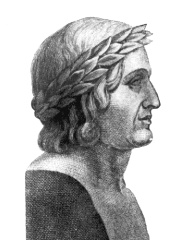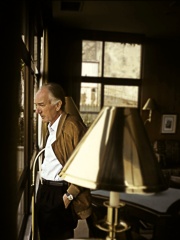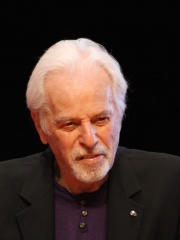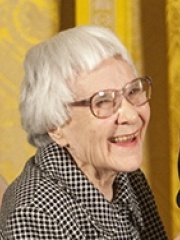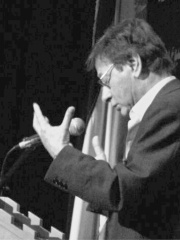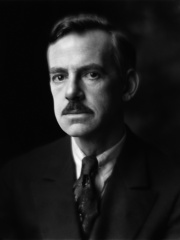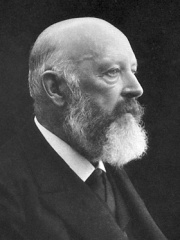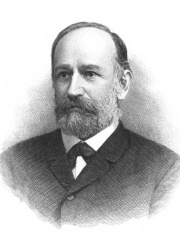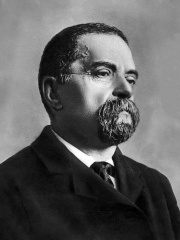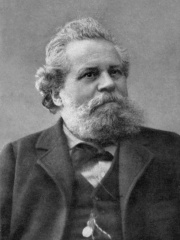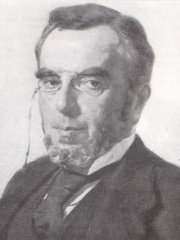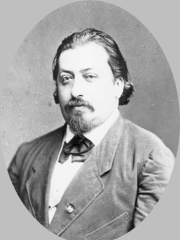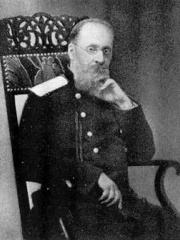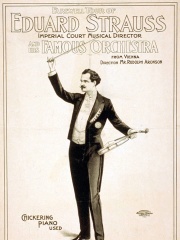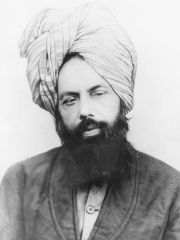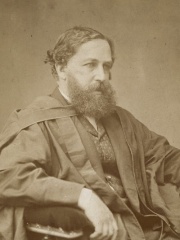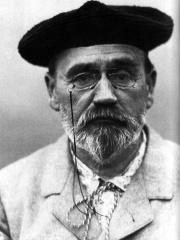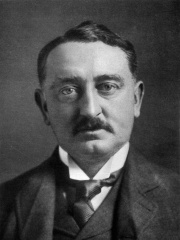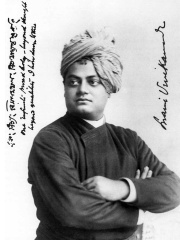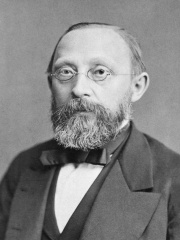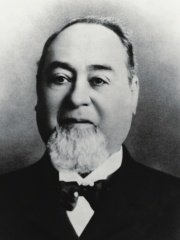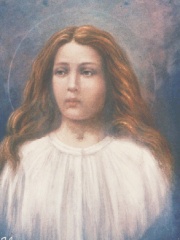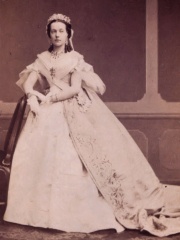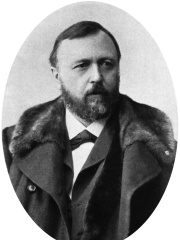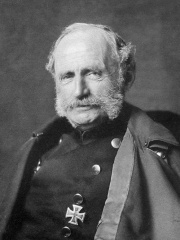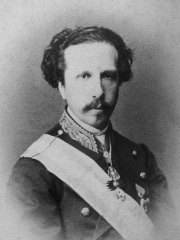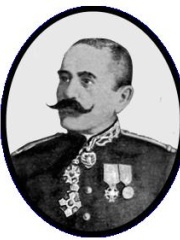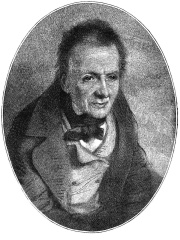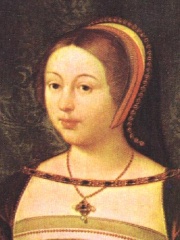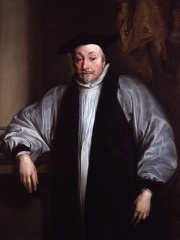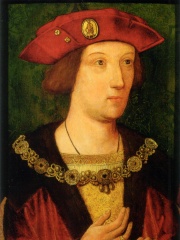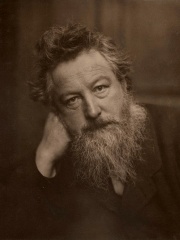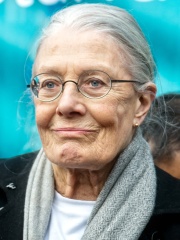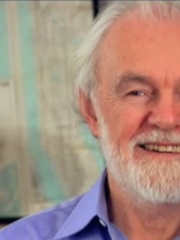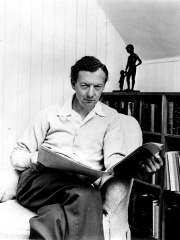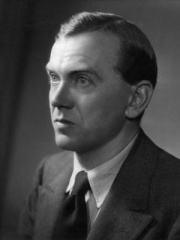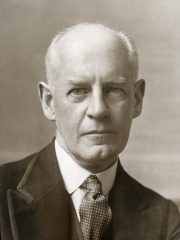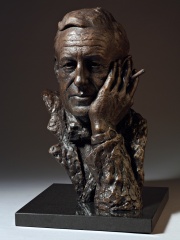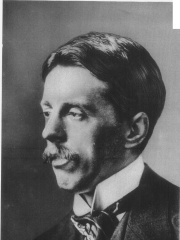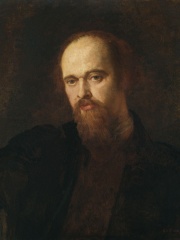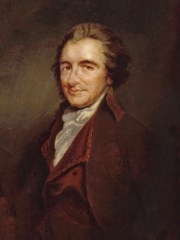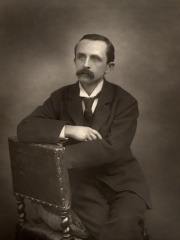Escritor
Samuel Butler
1835 - 1902
ES.WIKIPEDIA PAGE VIEWS (PV)
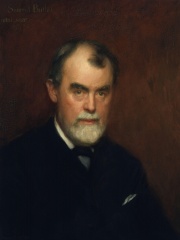
 Samuel Butler
Samuel Butler
Su biografía está disponible en 37 idiomas en Wikipedia (aumentó de 35 en 2024). Samuel Butler ocupa el puesto 460 entre los escritor más populares (subió del puesto 583 en 2024), el puesto 422 entre las biografías más populares de Reino Unido (bajó del puesto 421 en 2019) y el puesto 43 entre los escritor del reino unido más populares.
Memorability Metrics
Page views of Samuel Butler by language
Among Escritors
Among escritors, Samuel Butler ranks 460 out of 7,302. Before him are Louis Aragon, Marguerite Yourcenar, Gabriela Mistral, Ahmad Yasawi, Baldassare Castiglione, and Dan Brown. After him are Statius, Thomas Bernhard, Alejandro Jodorowsky, Harper Lee, Mahmoud Darwish, and Eugene O'Neill.
Most Popular Escritors in Wikipedia
Go to all RankingsLouis Aragon
1897 - 1982
HPI: 73.31
Rank: 454
Marguerite Yourcenar
1903 - 1987
HPI: 73.31
Rank: 455
Gabriela Mistral
1889 - 1957
HPI: 73.30
Rank: 456
Ahmad Yasawi
1103 - 1166
HPI: 73.29
Rank: 457
Baldassare Castiglione
1478 - 1529
HPI: 73.29
Rank: 458
Dan Brown
1964 - Present
HPI: 73.29
Rank: 459
Samuel Butler
1835 - 1902
HPI: 73.29
Rank: 460
Statius
40 - 96
HPI: 73.28
Rank: 461
Thomas Bernhard
1931 - 1989
HPI: 73.28
Rank: 462
Alejandro Jodorowsky
1929 - Present
HPI: 73.28
Rank: 463
Harper Lee
1926 - 2016
HPI: 73.28
Rank: 464
Mahmoud Darwish
1941 - 2008
HPI: 73.27
Rank: 465
Eugene O'Neill
1888 - 1953
HPI: 73.26
Rank: 466
Contemporaries
Among people born in 1835, Samuel Butler ranks 13. Before him are Adolf von Baeyer, Josef Stefan, Giovanni Schiaparelli, Giosuè Carducci, Andrew Carnegie, and Demetrius Vikelas. After him are Henryk Wieniawski, César Cui, Eduard Strauss, Mirza Ghulam Ahmad, Fukuzawa Yukichi, and William Stanley Jevons. Among people deceased in 1902, Samuel Butler ranks 5. Before him are Émile Zola, Cecil Rhodes, Swami Vivekananda, and Rudolf Virchow. After him are Levi Strauss, Maria Goretti, Marie Henriette of Austria, Richard von Krafft-Ebing, Albert of Saxony, Francis, Duke of Cádiz, and Ion Ivanovici.
Others Born in 1835
Go to all RankingsAdolf von Baeyer
CHEMIST
1835 - 1917
HPI: 76.52
Rank: 7
Josef Stefan
MATHEMATICIAN
1835 - 1893
HPI: 75.70
Rank: 8
Giovanni Schiaparelli
ASTRONOMER
1835 - 1910
HPI: 74.56
Rank: 9
Giosuè Carducci
WRITER
1835 - 1907
HPI: 74.14
Rank: 10
Andrew Carnegie
BUSINESSPERSON
1835 - 1919
HPI: 73.41
Rank: 11
Demetrius Vikelas
WRITER
1835 - 1908
HPI: 73.34
Rank: 12
Samuel Butler
WRITER
1835 - 1902
HPI: 73.29
Rank: 13
Henryk Wieniawski
MUSICIAN
1835 - 1880
HPI: 72.03
Rank: 14
César Cui
COMPOSER
1835 - 1918
HPI: 71.42
Rank: 15
Eduard Strauss
COMPOSER
1835 - 1916
HPI: 71.20
Rank: 16
Mirza Ghulam Ahmad
RELIGIOUS FIGURE
1835 - 1908
HPI: 69.56
Rank: 17
Fukuzawa Yukichi
PHILOSOPHER
1835 - 1901
HPI: 69.20
Rank: 18
William Stanley Jevons
ECONOMIST
1835 - 1882
HPI: 68.41
Rank: 19
Others Deceased in 1902
Go to all RankingsÉmile Zola
WRITER
1840 - 1902
HPI: 84.25
Rank: 1
Cecil Rhodes
BUSINESSPERSON
1853 - 1902
HPI: 82.74
Rank: 2
Swami Vivekananda
PHILOSOPHER
1863 - 1902
HPI: 82.73
Rank: 3
Rudolf Virchow
PHYSICIAN
1821 - 1902
HPI: 75.97
Rank: 4
Samuel Butler
WRITER
1835 - 1902
HPI: 73.29
Rank: 5
Levi Strauss
BUSINESSPERSON
1829 - 1902
HPI: 73.15
Rank: 6
Maria Goretti
NOBLEMAN
1890 - 1902
HPI: 70.90
Rank: 7
Marie Henriette of Austria
COMPANION
1836 - 1902
HPI: 69.97
Rank: 8
Richard von Krafft-Ebing
PHYSICIAN
1840 - 1902
HPI: 69.52
Rank: 9
Albert of Saxony
POLITICIAN
1828 - 1902
HPI: 69.18
Rank: 10
Francis, Duke of Cádiz
COMPANION
1822 - 1902
HPI: 68.32
Rank: 11
Ion Ivanovici
COMPOSER
1845 - 1902
HPI: 68.22
Rank: 12
In Reino Unido
Among people born in Reino Unido, Samuel Butler ranks 422 out of NaN. Before him are Andrew Carnegie (1835), Philip Larkin (1922), Thomas De Quincey (1785), Margaret Tudor (1489), William Laud (1573), and Arthur, Prince of Wales (1486). After him are William Morris (1834), Alexander Selkirk (1676), Vanessa Redgrave (1937), David Harvey (1935), Benjamin Britten (1913), and Timothy Dalton (1946).
Others born in Reino Unido
Go to all RankingsAndrew Carnegie
BUSINESSPERSON
1835 - 1919
HPI: 73.41
Rank: 416
Philip Larkin
WRITER
1922 - 1985
HPI: 73.36
Rank: 417
Thomas De Quincey
WRITER
1785 - 1859
HPI: 73.36
Rank: 418
Margaret Tudor
COMPANION
1489 - 1541
HPI: 73.33
Rank: 419
William Laud
RELIGIOUS FIGURE
1573 - 1645
HPI: 73.32
Rank: 420
Arthur, Prince of Wales
NOBLEMAN
1486 - 1502
HPI: 73.29
Rank: 421
Samuel Butler
WRITER
1835 - 1902
HPI: 73.29
Rank: 422
William Morris
DESIGNER
1834 - 1896
HPI: 73.28
Rank: 423
Alexander Selkirk
MILITARY PERSONNEL
1676 - 1721
HPI: 73.27
Rank: 424
Vanessa Redgrave
ACTOR
1937 - Present
HPI: 73.21
Rank: 425
David Harvey
GEOGRAPHER
1935 - Present
HPI: 73.17
Rank: 426
Benjamin Britten
COMPOSER
1913 - 1976
HPI: 73.16
Rank: 427
Timothy Dalton
ACTOR
1946 - Present
HPI: 73.15
Rank: 428
Among Escritors In Reino Unido
Among escritors born in Reino Unido, Samuel Butler ranks 43. Before him are William Wordsworth (1770), Graham Greene (1904), John Galsworthy (1867), Ian Fleming (1908), Philip Larkin (1922), and Thomas De Quincey (1785). After him are Ken Follett (1949), Arnold Bennett (1867), Dante Gabriel Rossetti (1828), Thomas Paine (1737), G. K. Chesterton (1874), and J. M. Barrie (1860).
William Wordsworth
1770 - 1850
HPI: 74.07
Rank: 37
Graham Greene
1904 - 1991
HPI: 73.99
Rank: 38
John Galsworthy
1867 - 1933
HPI: 73.68
Rank: 39
Ian Fleming
1908 - 1964
HPI: 73.64
Rank: 40
Philip Larkin
1922 - 1985
HPI: 73.36
Rank: 41
Thomas De Quincey
1785 - 1859
HPI: 73.36
Rank: 42
Samuel Butler
1835 - 1902
HPI: 73.29
Rank: 43
Ken Follett
1949 - Present
HPI: 73.12
Rank: 44
Arnold Bennett
1867 - 1931
HPI: 72.87
Rank: 45
Dante Gabriel Rossetti
1828 - 1882
HPI: 72.74
Rank: 46
Thomas Paine
1737 - 1809
HPI: 72.64
Rank: 47
G. K. Chesterton
1874 - 1936
HPI: 72.44
Rank: 48
J. M. Barrie
1860 - 1937
HPI: 72.38
Rank: 49
